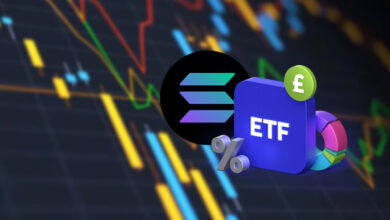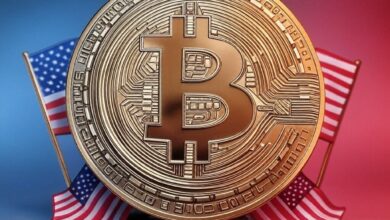Household supplies multinational Addresses Global Ocean Plastic Crisis with Blockchain

SC Johnson, the household supplies multinational, is announcing a new partnership with Plastic Bank, one of the leading organizations working to reduce the global crisis of ocean plastic, to help increase recycling rates in impoverished communities across Indonesia while addressing the challenges of poverty.
Ocean plastic is a global crisis, with the equivalent of one dump truck load every minute entering the world’s oceans, mainly from Asian countries. At the same time, many communities affected by plastic pollution face high levels of poverty.
According to a 2015 report by Ocean Conservancy and the McKinsey Center for Business and Environment, five Asian countries – China, Indonesia, the Philippines, Vietnam and Thailand – accounted for more than 55 percent of the plastic waste leaking into the ocean. Raising collection rates to an average of approximately 80 percent across just those five countries would reduce plastic-waste leakage into the ocean by approximately 23 percent.
Indonesia is of particular concern as it has the world’s highest levels of marine biodiversity.
SC Johnson and Plastic Bank will open eight recycling centers in Indonesia during the next year. Local waste collectors can bring the plastic they collect to any center, where they can exchange it for digital tokens instead of cash. Using innovative Blockchain technology, they can then use the tokens to buy needed goods and services – reducing the risk of loss or theft.
“This partnership with SC Johnson is the first of its kind in Indonesia. It will help create more opportunities for people living in poverty and will offer waste collectors an important sense of pride,” said David Katz, Founder and CEO of Plastic Bank. “SC Johnson is the first CPG company to scale a program of this kind in Indonesia that will benefit a wide range of socio-economic demographics including local residents living below the poverty level.”
Nearly 28 million Indonesians live below the poverty line and could greatly benefit from a program of this scale. Each center will have a minimum capacity of 100 metric tons of plastic per year, with opportunities to exceed that in the future, and is expected to provide opportunities for hundreds of local waste collectors. The first center officially opened in Bali on October 28, with all centers planned to be operational by May 2019.





